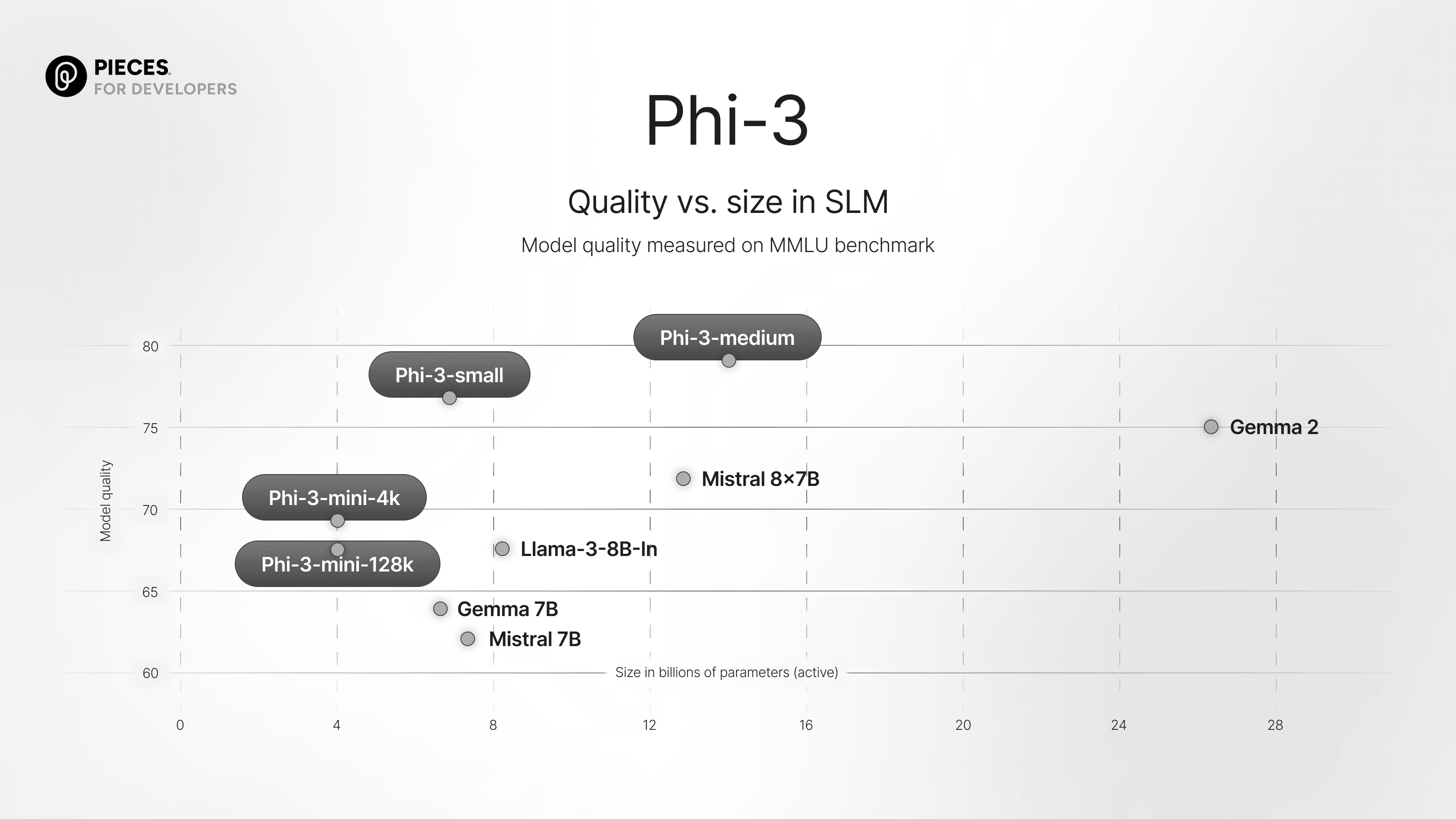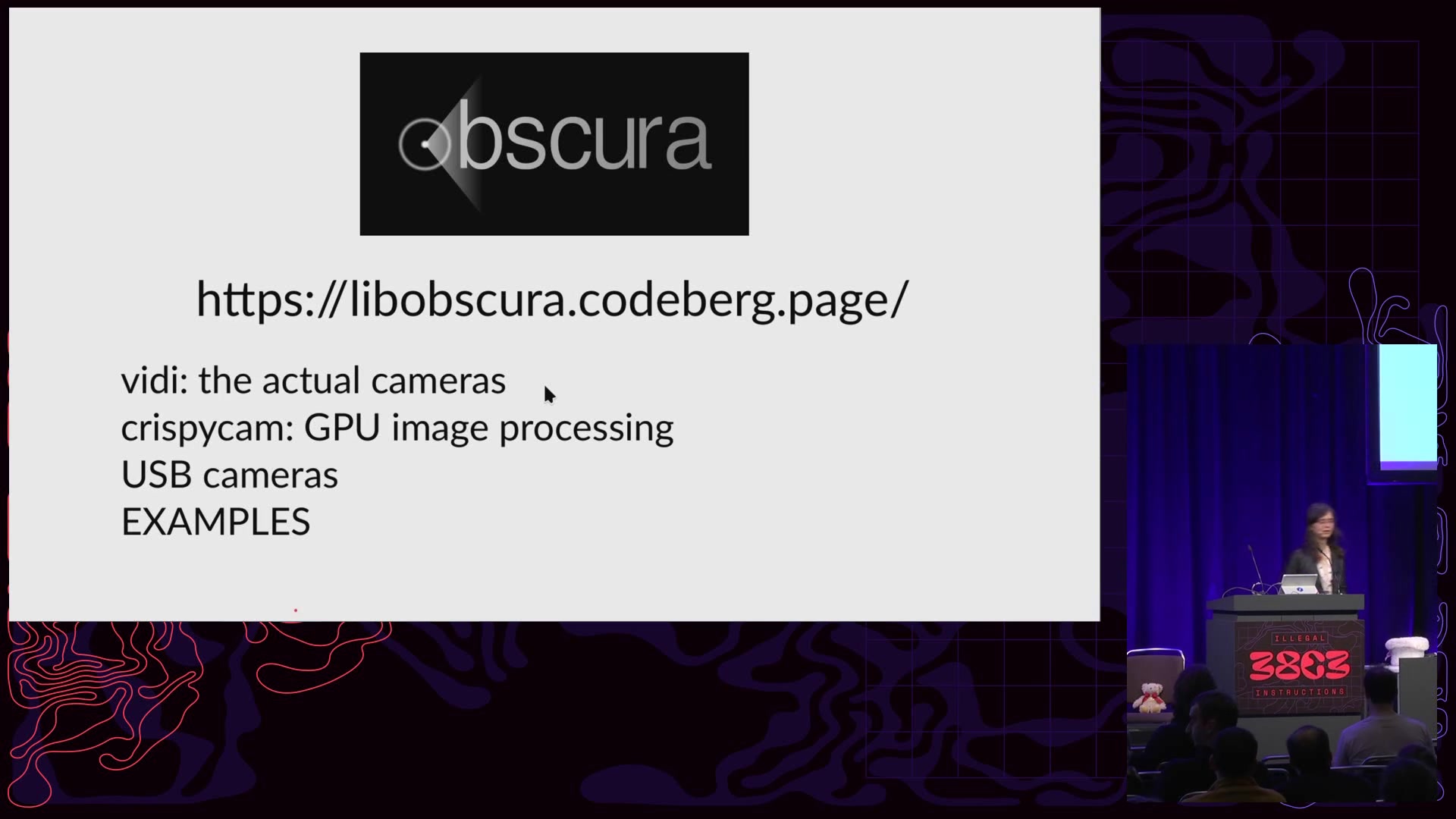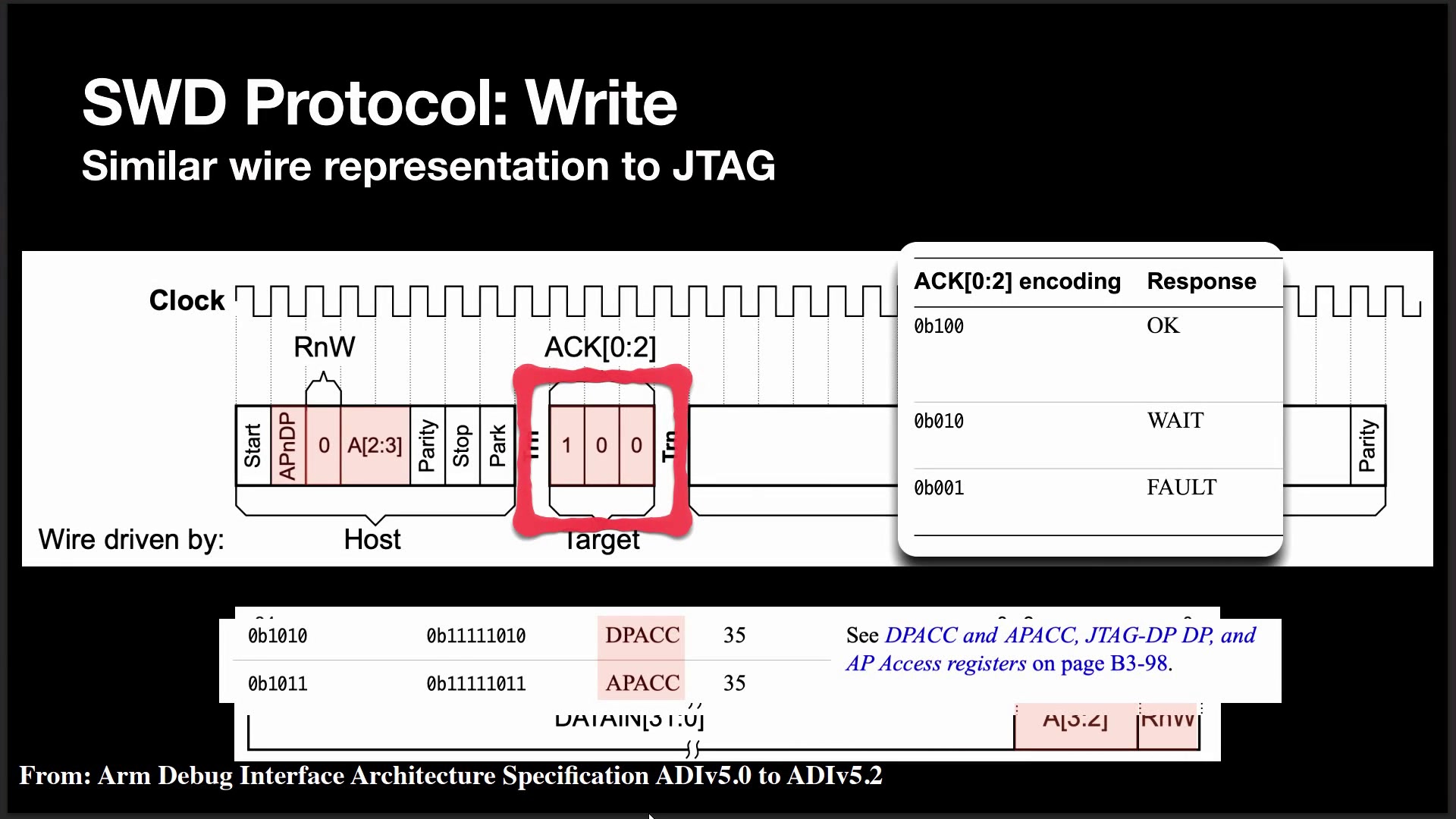SQLite3: The Unsung Hero of Databases
SQLite3 is a powerful, lightweight embedded database that quietly handles data for billions of deployments. Unlike its louder, more complex counterparts, SQLite3 operates as a single file, requiring no server setup. It boasts full SQL functionality, outperforming direct file I/O in speed, and managing databases up to 281 terabytes. From phones to websites, its stability, ease of use, and robust features make it an ideal choice for many projects, particularly those with moderate data needs or simpler database management requirements.











